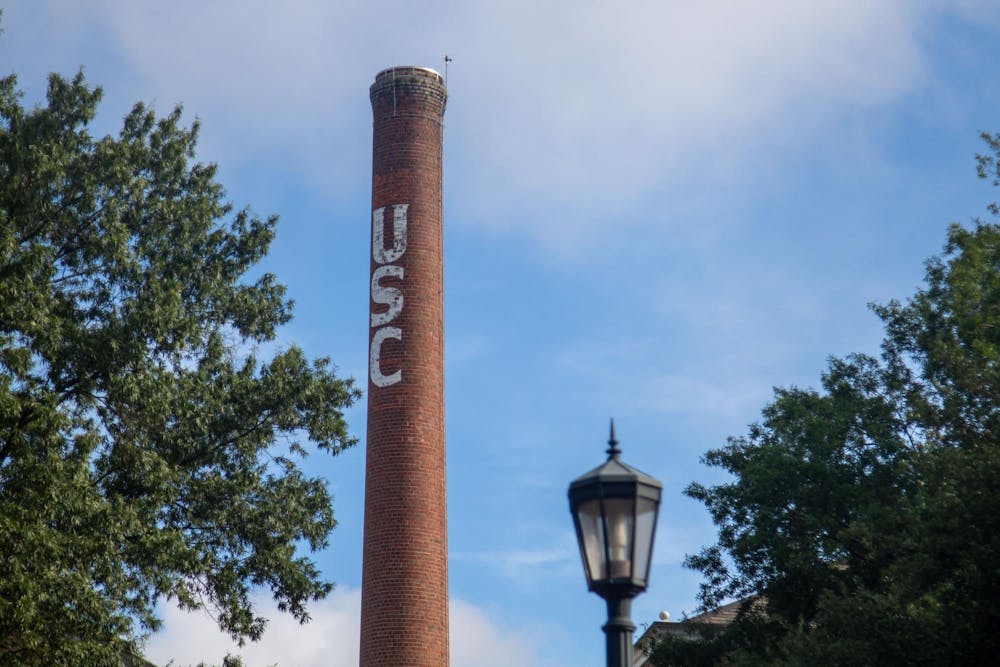USC is aware of several international students who have had their federal visas terminated, according to a statement from University Spokesperson Collyn Taylor.
The university is in contact with these students but is unable to give additional details at this time, the statement read. The university is unable to confirm the exact number of students affected.
USC's International Student and Scholar Support (ISSS) office sent an email to international students on April 14. According to the email, the office is actively advising the impacted students.
"We do not know all the facts surrounding these actions, and each of our students has individualized circumstances and concerns," the email read. "While those affected represent a small portion of our international community, we understand your deep interest in this matter."
ISSS is working to better understand a changing federal landscape, according to the email.
The South Carolina ACLU's legal team is interested in speaking with students who have lost their visas, according to a statement from ACLU-SC Communications Director Paul Bowers.
The United States Department of State declined to comment on the events at USC. In an April 8 press conference, Department Spokesperson Tammy Bruce said the department does not release information such as statistics or the reasons for individual visas being revoked, citing privacy issues.
Across the country, hundreds of student visas have been revoked for reasons ranging from traffic tickets to participation in pro-Palestinian protests, USA Today reported. Colleges including Harvard, Stanford, Michigan and UCLA have seen students lose their visas, according to the Associated Press.
A Turkish doctoral student at Tufts University was detained on March 25, AP reported. She had previously written an op-ed in the university's student newspaper, criticizing the university's response to student protestors.
The USC Global Carolina Division of International Student and Scholar Support released a document with guidance on proposed travel restrictions based on nationality on April 5.
"We understand that government agencies are reviewing security processes and visa eligibility protocols for certain countries," the document reads. "News reports suggest that additional scrutiny or a travel (entry) ban may be applied to citizens from some countries. It is not clear whether people with existing nonimmigrant visa status (e.g., F-1, J-1, O-1, TN, H-1B) or lawful permanent residents of the United States would be exempt from future government restrictions."
The document recommends students to review information such as USC's travel policies and U.S. Customs and Border Protection's United States port of entry processes.
This is a developing story, check back for more updates.

